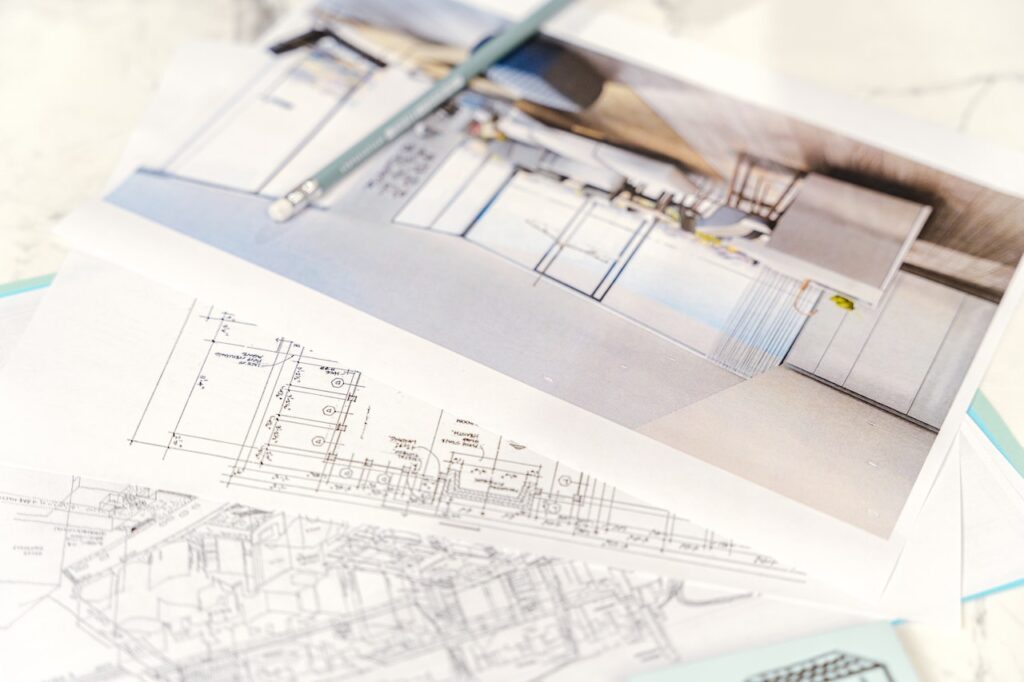The last decade has seen a remarkable digital transformation in various industries, and real estate is no exception. Apartment hunting, once a process filled with uncertainties and logistical challenges, is undergoing a significant change.
Thanks to digital innovations that are connecting people and changing the way things work, looking for a new home is becoming more than just a chore – it’s becoming an exciting experience.
Technology has opened up avenues that offer both practical conveniences and a change in how we perceive the entire process. Let’s take a look at five innovative ways modern technology is revolutionizing the apartment hunting experience.
Virtual Reality (VR) tours
Time is money, as the ancient saying goes, and apartment hunting can be time-consuming and tiring. Virtual Reality (VR) tours are changing how things work in this regard. Prospective tenants no longer have to physically visit different properties.
VR technology provides an immersive, 360-degree tour of potential homes from the comfort of your current place. These tours provide intricate details, capturing every aspect of a space. It’s possible to check the layout, and aesthetics, including the quality of natural light in different rooms.
This virtual window into potential homes lets you make a shortlist of real possibilities, making sure that any in-person visits are targeted and valuable.

E-Documentation and digital leases
As our world becomes more digital, handling paperwork, which was once a tedious task, is becoming much simpler. Remember the hassle of managing multiple copies, the fear of losing a crucial document, or the hours spent scanning and sending documents via fax or email?
E-documentation is the solution to all these problems. Modern platforms allow for lease agreements to be created, edited, shared, and signed, all in a secure online environment. These digital contracts are strong and secure, and digital signatures hold the same legal weight as their physical counterparts.
Moreover, with cloud storage solutions, accessing and retrieving these documents has never been easier. This move towards a paperless process not only supports environmental sustainability but also guarantees that landlords and tenants can complete transactions efficiently, with reduced chances for errors.
Advanced filtering systems
Advanced filtering systems have replaced the old-fashioned method of tediously sifting through listings that hardly meet your criteria. Modern AI-driven platforms cater to a wide range of preferences.
Whether you’re a pet owner in search of a pet-friendly place, a parent wanting to be near good schools, or a fitness enthusiast who needs a nearby gym, these platforms smartly curate listings for you. By analyzing user inputs, these systems ensure that all apartments for rent displayed closely align with your specific preferences.
This precision not only streamlines the search process but also improves the quality of matches, ensuring you find a place that truly feels like home.
![]()
Chatbots and instant queries
The integration of AI-powered chatbots into real estate platforms emphasizes the industry’s commitment to enhancing the user experience. These aren’t the clunky, limited chatbots of the past; they’re sophisticated, designed to understand and respond to a wide range of queries promptly.
Whether you’re curious about the local dining scene, public transportation options, or the specifics of a lease agreement, these chatbots provide real-time answers. Furthermore, they continuously learn, adapt to user interactions, and refine their responses.
This 24/7 assistance ensures that potential tenants can research and address any doubts at their convenience, building a sense of empowerment and confidence in their decision-making.
Augmented Reality (AR) enhancements
Augmented Reality is extending its reach beyond gaming and social media filters; it’s finding its place in the real estate sector and other fields. Picture a world where, as you stroll down a street, you can simply point your smartphone at a building and instantly access a wealth of information.
You could see available units, floor plans, rental prices, and even tenant reviews overlaid on your screen, seamlessly blending with the real-world view. These AR tools enable real-time, location-based property exploration.
By offering potential tenants this immediate, in-depth look at available properties, AR not only simplifies the search but also makes it more interactive and immersive. It’s like having a real-time digital concierge guiding you through the city’s housing landscape.
Final comments
As technology continues to evolve rapidly, the real estate industry showcases how these advancements can be harnessed to provide practical and user-centric solutions.
The changes we’re witnessing in apartment hunting today, while revolutionary, might just be the beginning. One thing is certain: the fusion of technology and real estate promises a future where finding a home is less about navigating obstacles and more about embarking on a seamless journey tailored to individual needs and aspirations.
As we stand on the verge of this transformation, it’s exciting to imagine what the next chapter of this synergy holds.
By Mike Johnston















